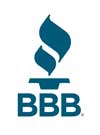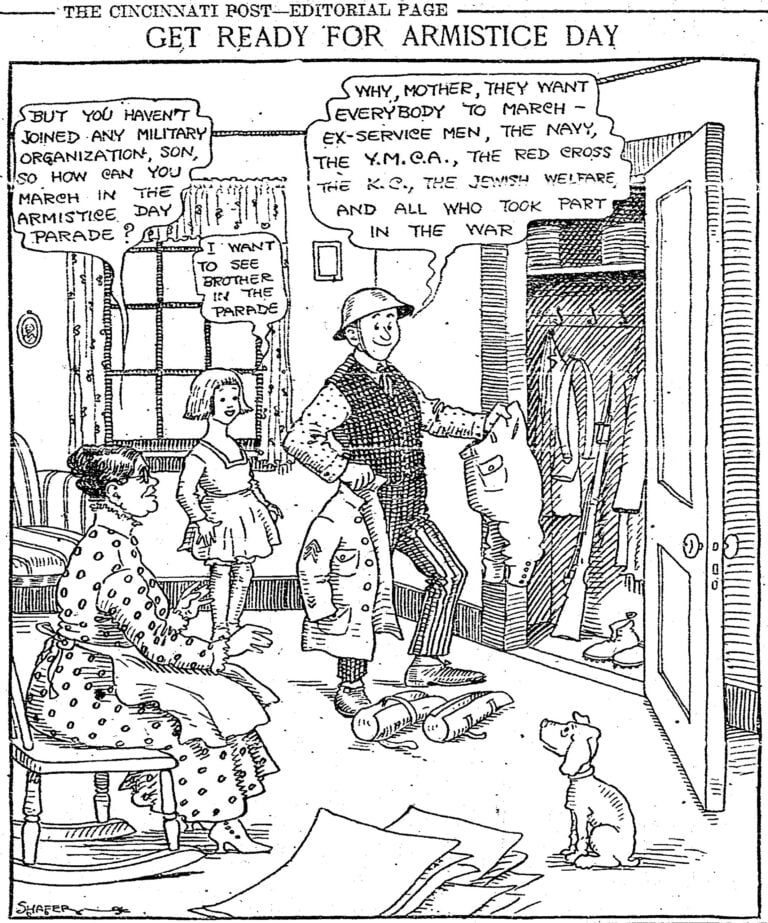By Sandra Guile
Better Business Bureau
Some mobile phone companies are doing their part to cut down on scam calls, which is why you might’ve seen some interesting names on your caller ID recently. “Scam likely,” “unknown name,” or “illegal name” are all possible ID tags that alert customers to crooks calling their cell.
Stepping up to stop robocalls
The number of illegal robocalls has increased in recent years because of new technological advantages that are cheap and easy to acquire. Robocalls are automated phone calls with pre-recorded messages sent from all over the world, but they often seem to come from somewhere in the United States – usually somewhere close to your home. Scammers can make hundreds of these calls at once with just the click of a button. According to the Federal Telephone Consumer Protection Act, unless you agree to be called, all calls with pre-recorded telemarketing sales messages are illegal. However, some non-marketing robocalls like charitable or political ones are authorized by law in most states.

The increase in fake phone calls has prompted phone companies to come up with a solution. Many wireless carriers are starting to monitor their networks and block the scam calls before they go through, causing the interesting new tags on your caller ID. These companies are also working with traditional landline phone companies and law enforcement officials to develop new technology and draft legislation to stop robocalls before they start.
Save yourself
There’s no perfect solution to saving yourself from scammers – they always find a work around against rules and regulations – but there are a few steps you can take to keep yourself safe. First, add your phone number to the National Do Not Call Registry. While some bad actors do ignore the list, many still respect it; though it may not get rid of all the scam callers, it will drastically cut down the number that connects with you.
If you’ve already registered, consider adding an anti-robocall tool to your phone plan. They are typically offered through your provider, but there may be a fee required so make sure to ask in advance. Contact them directly and determine what kind of services are included; some plans only allow you to block a set amount of phone numbers, while some allow you to set up your phone to just accept calls from numbers in your contacts list.
Send in the scam
The next time your phone rings and it’s a number you don’t recognize, don’t answer it. If it’s important, they’ll leave you a message. To drastically limit the number of robocalls these scammers can make, take note of the number that called and report it to the FTC and BBB’s Scam Tracker. This can provide government agencies and telephone companies with the information they need to curb the calls.
Sandra Guile is the Community Outreach Specialist for BBB. She promotes BBB’s message of marketplace ethics through public speaking engagements, presentations, media relations, press releases, web content, and other written materials.





















